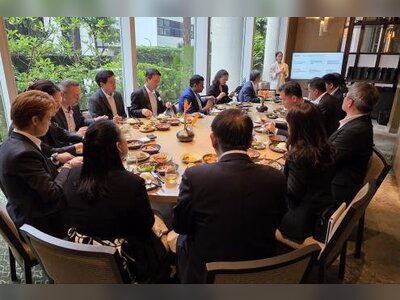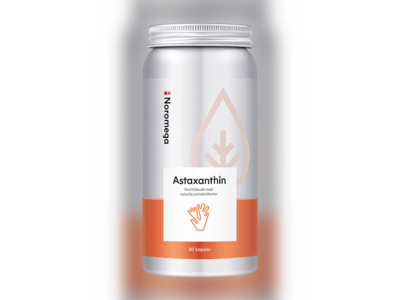
Thailand Intensifies Scrutiny on Imported Goods Amid Safety Concerns
The government drafts plans to address consumer safety and support local businesses amidst a surge of inexpensive foreign products.
The Thai government is poised to implement stricter regulations on imported goods, following growing concerns about consumer safety and the economic impact on local businesses.
On October 24, the Thai Pesticides Alert Network and the Foundation for Consumers revealed alarming findings about grapes imported from China, which were reported to be heavily contaminated with hazardous chemicals, underscoring the need for enhanced regulatory measures.
The Ministry of Commerce has formulated a comprehensive strategy to counter the influx of substandard goods that threaten consumer safety and undermine local small and medium-sized enterprises (SMEs).
The plan comes in response to a mounting public outcry over the increase in low-quality foreign products available online, which many believe poses a risk to consumer health and the viability of Thai businesses.
During a recent meeting of key authorities, officials discussed various approaches to address these challenges.
Imported goods have been categorized into three distinct groups—agricultural, consumer, and industrial—each requiring specific regulatory attention.
Agricultural imports will undergo stringent checks for origin and pesticide residue to ensure they do not jeopardize public health.
The rise of foreign e-commerce platforms such as Temu and Lazada has exacerbated the situation, allowing easy entry of potentially unsafe consumer goods into the Thai market.
To safeguard consumers, these goods will be subjected to rigorous safety and quality inspections.
To further tighten control, the government plans to enforce the digital platform service law, requiring foreign e-commerce entities to establish registered offices within Thailand.
This measure aims to ensure accountability and compliance with local regulations.
In the realm of industrial goods, the Thai Customs Department is set to permit only the importation of products that align with the standards decreed by the Thai Industrial Standards Institute.
This initiative is designed to bolster consumer protection and maintain safety standards across the industrial sector.
As Thailand steps up measures to manage the quality of imported products, these developments highlight the broader global challenges of balancing open markets with consumer protection and the promotion of local industries.
On October 24, the Thai Pesticides Alert Network and the Foundation for Consumers revealed alarming findings about grapes imported from China, which were reported to be heavily contaminated with hazardous chemicals, underscoring the need for enhanced regulatory measures.
The Ministry of Commerce has formulated a comprehensive strategy to counter the influx of substandard goods that threaten consumer safety and undermine local small and medium-sized enterprises (SMEs).
The plan comes in response to a mounting public outcry over the increase in low-quality foreign products available online, which many believe poses a risk to consumer health and the viability of Thai businesses.
During a recent meeting of key authorities, officials discussed various approaches to address these challenges.
Imported goods have been categorized into three distinct groups—agricultural, consumer, and industrial—each requiring specific regulatory attention.
Agricultural imports will undergo stringent checks for origin and pesticide residue to ensure they do not jeopardize public health.
The rise of foreign e-commerce platforms such as Temu and Lazada has exacerbated the situation, allowing easy entry of potentially unsafe consumer goods into the Thai market.
To safeguard consumers, these goods will be subjected to rigorous safety and quality inspections.
To further tighten control, the government plans to enforce the digital platform service law, requiring foreign e-commerce entities to establish registered offices within Thailand.
This measure aims to ensure accountability and compliance with local regulations.
In the realm of industrial goods, the Thai Customs Department is set to permit only the importation of products that align with the standards decreed by the Thai Industrial Standards Institute.
This initiative is designed to bolster consumer protection and maintain safety standards across the industrial sector.
As Thailand steps up measures to manage the quality of imported products, these developments highlight the broader global challenges of balancing open markets with consumer protection and the promotion of local industries.











